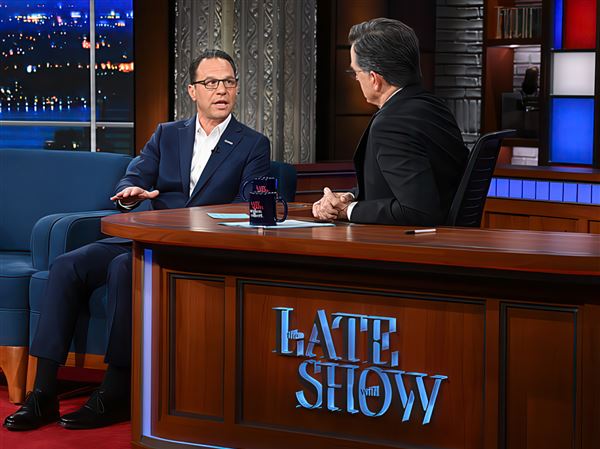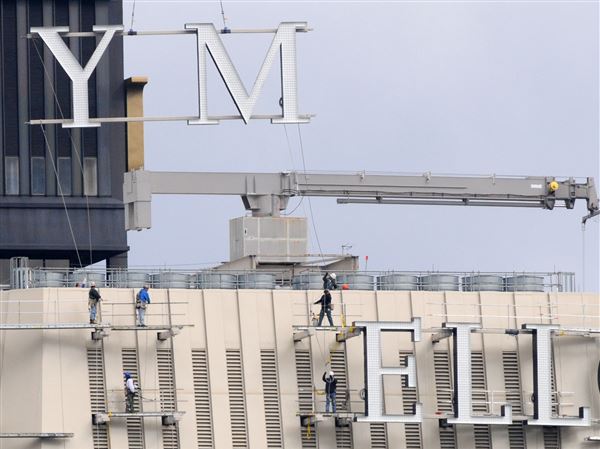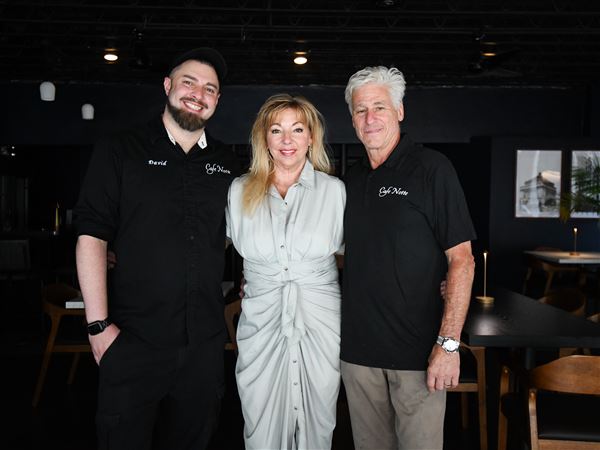Watching "The Help" in a nearly empty theater recently, I wondered who its intended audience was. There were no black folks at the screening. With the exception of an employee, I was the only male.
Going in, my assumption was that "The Help," based on the best-selling novel by first-time author Kathryn Stockett, would be less than a rigorous critique of white privilege in the Jim Crow South. How could anything green-lit in modern Hollywood about that era be anything but a whitewash?
Since I went into the theater looking for a fight, "The Help" confirmed my low expectations by spending too little time on how blacks undermined institutional racism while it focused on how the white folks coped.
Even so, the film also confounded my lowest expectations by being vaguely enjoyable, thanks to solid performances by its predominantly female cast on both sides of the color line.
The terrific Viola Davis portrays the film's most complex character, Aibileen, the informal leader of Jackson, Miss.'s close-knit society of black housekeepers. Aibileen is self-disciplined, but not stoic, as she navigates the indignities of her job.
The film's central protagonist is Eugenia "Skeeter" Phelan, a recent graduate of Ole Miss, who talks her way onto the staff of the local newspaper by agreeing to take over an abandoned advice column.
Because Skeeter is a privileged white woman, she doesn't have the background to craft plausible responses without major input from Aibileen who, though uncredited, becomes the column's primary source of common sense.
Their partnership eventually leads to Skeeter's plot to write a book about life as a domestic, based on interviews with women like Aibileen who raise white children to adulthood at the sacrifice of their own families.
Though initially reluctant, Aibileen agrees to ghost-write part of the book. She also convinces her fellow domestics to tell Skeeter the truth about their work and their lives.
Under cover of anonymity, the women spill the beans about their dysfunctional white employers. When the book is published, the town's white aristocracy is scandalized, leading to retaliation against those suspected of being sources for the anonymous writer.
Ironically, the black actresses in "The Help" carry most of the emotional weight of the film while their characters do most of the cooking, cleaning, child-rearing and writing of a book about their lives and struggles.
It will be interesting to see whether Viola Davis is nominated for a best actress or best supporting actress Oscar for her performance in "The Help." She'll get a nod for one of them, though Emma Stone, as Skeeter, also deserves consideration along with Octavia Spencer as Aibileen's friend, the rebel maid Minny.
It is legitimate to ask which of the characters Hollywood considers most central to this civil rights drama. Is Aibileen the central character or the supporting player to young Skeeter, who reaps the benefit and little of the risk of their relationship at every turn?
The answer to that question will say a lot about whether the industry has begun to think more creatively about how to use some of its most under-utilized talent. The fact that Ms. Davis isn't starring in two or three films a year is criminal, but she's far from the only great black actor on the sidelines.
Still, I was relieved that "The Help" was blessedly free of the usual Hollywood trope of a sinless, self-sacrificing black person sent to Earth to be a life coach for some struggling white character. If anything, it is the white socialites who are the most one-dimensional, especially Bryce Dallas Howard as the overtly racist Hilly, the antagonist to every major character in the film.
When it comes to mining American history for drama, one would think that the civil rights era would represent an embarrassment of riches for a movie industry starved for original ideas. Why isn't Hollywood naturally drawn to the wealth of characters and dramatic possibilities embedded in every inch of this uniquely American narrative?
For all of its alleged "liberality," Hollywood simply hasn't arrived at the point where studios can green-light a film featuring a predominantly black cast unless it's directed by Tyler Perry. There also seems to be an informal rule that the main protagonist has to be a white actor, if a mass audience is expected to care about the story.
Too bad. I'd love to look forward to a movie about the Freedom Riders, or even a quality adaptation of John Howard Griffin's "Black Like Me."
First Published: August 19, 2011, 4:00 a.m.















